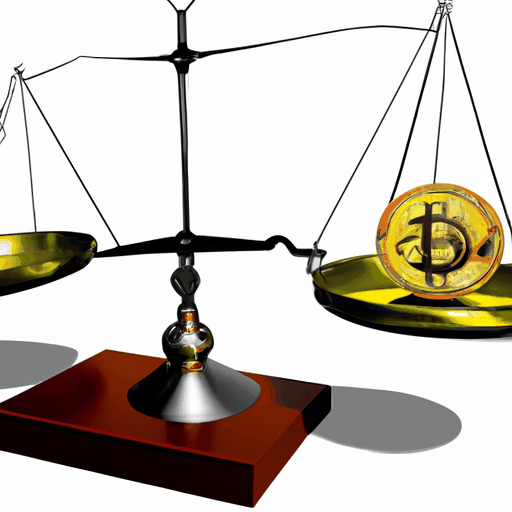
Exploring Bitcoin as a Strategic Reserve: A Rising Trend
By: Eliza Bennet
Exploring Bitcoin as a Strategic Reserve: A Rising Trend
Bitcoin is increasingly being considered as a strategic reserve by various governmental bodies and institutions. This shift in perspective is primarily driven by Bitcoin's decentralized nature and its emerging status as a 'digital gold'. Recent developments, such as European MP Sarah Knafo's advocacy for Bitcoin reserves over the European Central Bank’s digital euro, highlight the growing recognition of Bitcoin as a reliable store of value.
Advocates suggest that Bitcoin could enhance economic resilience and secure financial freedom by offering a decentralized alternative to traditional monetary systems. This sentiment was echoed by Federal Reserve Chair Jerome Powell, who recently described Bitcoin as "digital gold." Such endorsements reinforce the potential role of Bitcoin in hedging against economic uncertainty.
The example set by El Salvador, which adopted Bitcoin as legal tender, demonstrates the potential benefits of integrating Bitcoin as a national reserve. Since adopting Bitcoin, El Salvador has seen its national Bitcoin investment double, showcasing the potential for economic security and empowerment of citizens through strategic Bitcoin reserves.
The underlying sentiment behind Bitcoin’s strategic reserve proposal is its potential to offer financial independence while fostering an environment conducive to innovation and decentralized financial systems. For more detailed insights, you can read about EU MP Sarah Knafo's advocacy [here](https://blockbriefly.com/news/european-mp-advocates-for-bitcoin-strategic-reserve).



